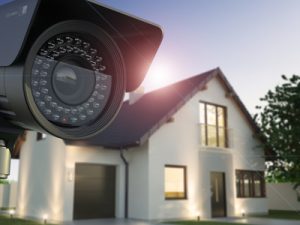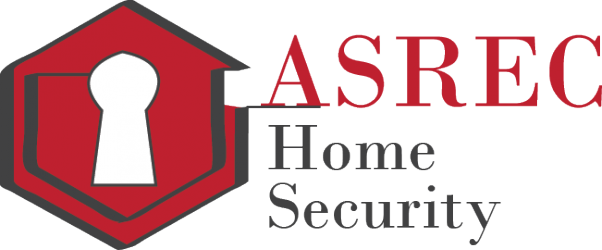
CCTV has become increasingly popular in the domestic market place helping you protect your home and property. Before you get a system installed you need to ensure you do so in a way that respects other people’s privacy.
If your system only captures images within the boundary of your private domestic property which includes any outside spaces such as gardens, then the data protection laws will not apply to you.
However if the system does capture images of people outside the boundary of your private property, such as neighbours’ homes or gardens, or even on a public footpath or road, you will then come under the General Data Protection Regulations (GDPR), so you will need to ensure the use of the system complies with these laws.
Whether or not your CCTV systems is used within the data protection laws or not the Information Commissioners Office (ICO) recommends you use such systems in a responsible manor and respect the privacy of others.
Before you install CCTV you should consider the following
Is a CCTV system the best way of protecting your property?
Do you really require a CCTV system?
Are there better ways of protecting your property?
If you do decide to install and use a CCTV system, what is the best way to ensure you respect they privacy of others.
These can include; Ensuring cameras do not intrude on your neighbour’s property or any public or shared spaces.
If your CCTV system does capture images of external areas, ensure appropriate signs are displayed warning people of the operation of such systems.
Ensure the security of any footage captured and ensure it is stored safely and can not be accessed to by anyone without good reason.
You must also ensure you respect the data protection rights of people whose images you may capture, and should include the following;
If you do capture images outside the boundary of your property, you should have clear and justifiable reason for doing so. You also need to respond to Subject Access Request (SAR). Any individual has the right to access any personal data you have on them, which includes any identifiable images.
They can request this both verbally or in writing, and you must respond within one month providing them with a copy of the data.
You should also delete any footage if you are requested to do so, unless if it is specifically needed for any legal dispute. In such as case you should inform the other party that you are refusing their request and inform them, they can challenge this in court or complain to the ICO.
What happens if you break the law?
You need to comply with your obligations under the data protection laws, or you could be subject to an enforcement action and fine by the ICO.
You could also be subject to legal action by affected individuals who could go to court and claim for compensation.
If you follow the above guidance and take all the reasonable steps you can to comply with your Data protection obligations, then the ICO would be highly unlikely to regard you as a regulatory risk.
CCTV also includes Video Doorbells which are becoming increasingly popular and you should ensure you have the appropriate signs to inform visitors of this use.
You do not need to register with the ICO or pay any fees, however you should keep records of why you are capturing any images, and should ensure this information is available should the ICO request it.
If you require any further information or legal help, contact a regulated solicitor or, should you wish to make a complaint contact the ICO for further help.

